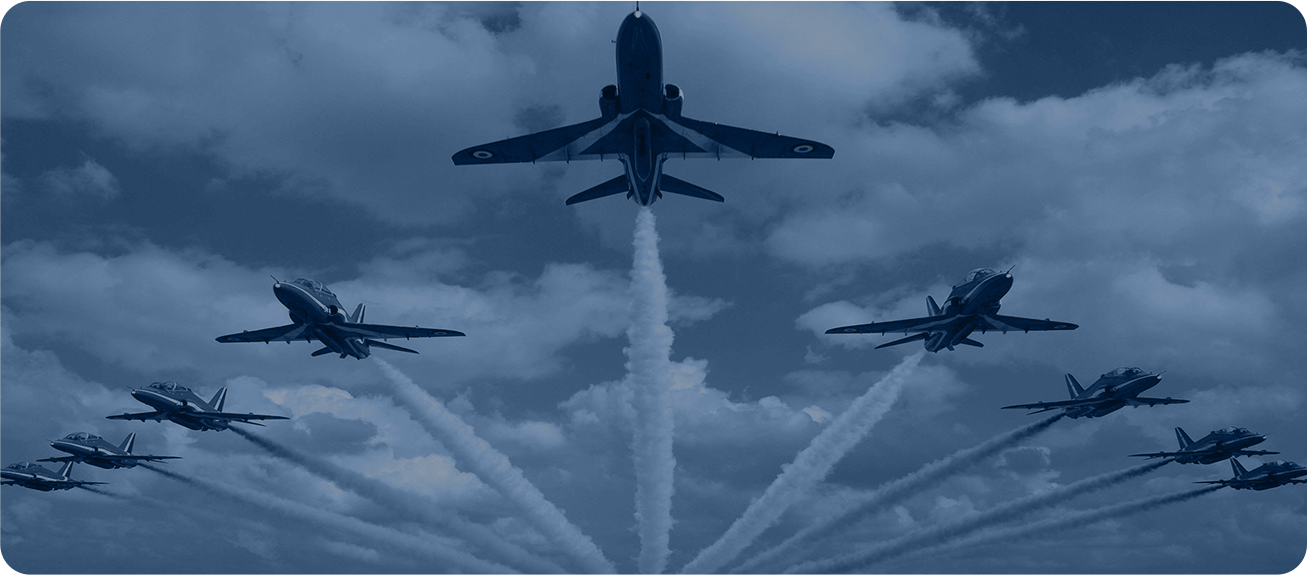I was a forces brat and then served till I was 30. (1980'S)
I found that civi street was and still is to me a bloody nightmare.
I've met dozens of 'ex' guys over the years and apart from one or two they all found it the same as me. . . . CHAOS!
On my travels I worked in London and found quite a few 'ex' on the street. Most of them were single. Most arrived on the streets as a result of no support (councils, RAFA, DSS, etc). Most had 'problems' and yet they all wanted to start living decently if only they could get some sort of housing.
I know that the american system isn't too hot but some sort of V.A. is needed in the UK NOW to help those who need medical help as well as those who just can't cope with the civi world.
It doesn't look like the Government cares or will ever care... hopefully the small Organisations such as Holidays 4 heroes &
V.I.A will be helped possibly by the larger Charities such as Help 4 Heroes...
More about V.I.A.
Veterans International Aid
Registered Charity No: 1128026
Veterans International Aid (VIA) is a registered charity and has been formed by two ex Royal Engineers, to help those who have suffered the effects of Post Traumatic Stress Disorder, (PTSD) or those who find it difficult to adjust to civilian life after leaving the services.
Through our own experiences of leaving the services and we know how difficult it is walking through the camp gate for the last time and entering what, for many, is the unknown world of civilian life.
For many, this is when the effects of PTSD begin as sufferers have lost the sense of being part of something and civilian life can become very difficult because of the experiences that our service personnel have been through during their service life.
During our research we looked at what had happened to veterans from the Falklands War era. The results from such a short conflict were shocking.
Statistics from the Falklands War
30,000 British service personnel took part in the Falklands War with a loss of 255 British lives and over 700 wounded. Since then, over 300 have committed suicide. Many have ended up in prison or living on the streets.
These shocking statistics are the result of the trauma and experiences of the service personnel who took part in that conflict. Many have suffered with PTSD which has gone untreated for many years. Many others have apparently self medicated, because some civilian doctors have not understood the pressures of what they have experienced.
Iraq and Afghanistan
VIA believe that the same thing is happening to many of today’s troops who have served, or are serving, in Iraq and Afghanistan and also previous conflicts since the end of the Falklands War.
To date, approximately 150,000 service personnel have served in Iraq and Afghanistan and there have been over 400 killed and many seriously wounded. VIA understand that 25 have committed suicide and many more are suffering with psychological problems due to the experiences they have had.
As well as the killed and wounded, this has a marked effect on other service personnel and is all to do with the stresses of being in combat. Service personnel are leaving this environment and then the majority move into civilian life.
A recent BBC report stated that as many as 8500 ex-servicemen have been through or were in the prison system and 12,000 have no fixed address. One in every 11 prisoners serving currently in British prisons is an ex-member of H.M. Forces and 70% of those have been diagnosed with PTSD.
Our Forces train extremely hard to gain a wide array of practical skills during their service and these skills are not always recognised by civilian employers and because of this, many of these skills are never used again. These skills are badly needed in many parts of the world.
VIA will help with rehabilitation after treatment has been finished to eradicate the symptoms of PTSD.
VIA will organise adventurous expeditions and fund raising events which those who have been through treatment for PTSD can take an active part in using the unique camaraderie and skills that all service personnel possess through their time in the services.
These expeditions are designed to help rebuild confidence and self esteem.
VIA believes that by getting involved with our organisation after receiving treatment for PTSD and taking an active part in our expeditions and fund raising events or in any support capacity, they will feel they can still belong to something worthwhile. They will be able to use the skills they learned in the services, in an environment they understand.
By getting the right team together, VIA will get our message out in the public domain and get the support and the funding needed to help those who have suffered with PTSD.
VIA is not just about one expedition or fund raising event, this will be an ongoing commitment and we will be looking at further expeditions and fund raising events in which we can involve our ex-service personnel who have suffered with PTSD.
By helping others we come in contact with on our travels, essentially we will be ‘Helping ourselves by helping others.’

